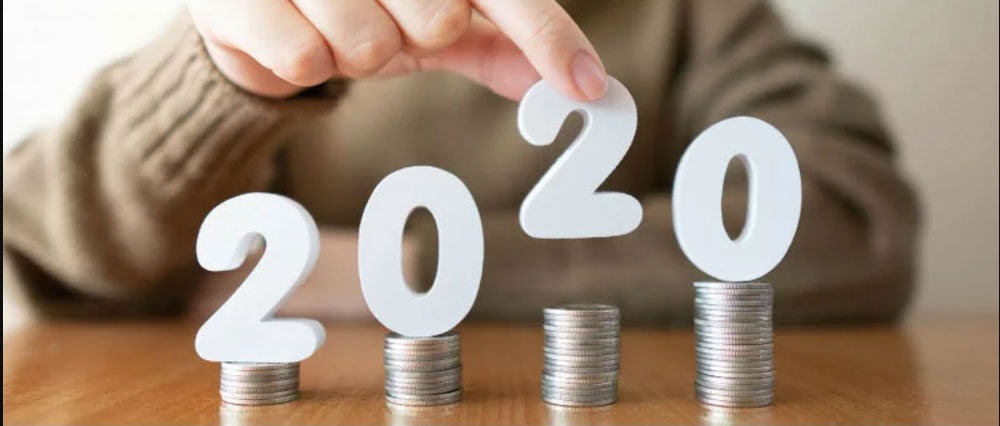
What you need to know before you file?
Let’s face it, having a trusted accountant and tax preparer can help to make tax-filing less and less painful even for the do-it-yourselfers.
Still, whether you’re outsourcing the work to an algorithm or an accountant, it’s always a good idea to know when deadlines fall and what’s new every year.
Here’s our guide to the 2020 tax season:
1. When is the deadline to contribute to my RRSP?
Since March 1 falls on a Sunday this year, the cutoff this year is March 2.
Remember, you can put money into your registered retirement savings plan (RRSP) any time. But if you want to get a tax refund for your RRSP contribution with your 2019 return, you must add the funds by the March deadline.
2. When’s the tax-filing deadline?
As usual, April 30 is the date most Canadians need to keep in mind. For most tax filers, this is the deadline to both pay any tax due and file returns.
If you’re self-employed, this year you have until June 15 to file. Remember, though, that if you owe taxes, you still need to pay up by April 30.
If you’re late to either settle your balance or send in your paperwork, you’ll face late-filing penalty and daily interest charges on any taxes owed.
3. When’s the earliest I can file?
If you just can’t wait to get that big refund, know that the Canada Revenue Agency (CRA) will start accepting electronic returns on Feb. 24.
Most people want to skip the tax-processing queue because they anticipate getting money back. But having a big tax bill is also a good reason to file early. That allows you to set up a plan to pay your tax in installments. The more you manage to pay by April 30, the fewer extra charges you’ll face.
Still, there are potential drawbacks with filing too early. Many of the tax slips you need to file your return are due March 2, so it’s not a good idea to file before then unless you’re sure you’ve received all of them.
Also, it usually takes until mid-March for tax slips and other information the CRA has on file to become available through its autofill my return feature, which allows you to automatically fill-in part of your return.
Newsletters
Newsletter – February 2020
NewslettersEvents & SponsorshipArticles & Publications
Newsletter – August 2019
NewslettersEvents & SponsorshipArticles & Publications
Newsletter – May 2019
NewslettersEvents & SponsorshipArticles & Publications
Newsletter – April 2019
NewslettersEvents & SponsorshipArticles & Publications
E-Newsletter – February 2019
Events & Sponsorship
No Results Found
The page you requested could not be found. Try refining your search, or use the navigation above to locate the post.
Articles & Publications
Do corporate loans count as taxable income?
Do corporate loans count as taxable income? When shareholders or employees borrow money from a corporation, that money is generally considered taxable income. But this rule, like many CRA rules, has exceptions. Many shareholders and employees borrow funds from their...
Beware of using your corporation’s income to pay personal expenses.
Beware of using your corporation's income to pay personal expenses. Suppose you own an incorporated business or professional corporation. In that case, it can be pretty tempting to pay for various personal expenses out of your corporation's income, but doing so is...
How the principal residence rule works
Principal Residence Rules Since 1982, each family unit (including you, your spouse or common-law partner, and any unmarried kids under the age of 18) has been able to designate one property as its principal residence for each calendar year. To simplify the...
Introducing the new Confirm my Representative service
The new Confirm my Representative service. On October 18, 2021, the Canada Revenue Agency (CRA) is introducing a new, two-step verification process to make authorizing a representative using Represent a Client more efficient and secure. The new process makes it easier...
The future of the COVID aid program
The future of the COVID aid program The CRB is one of three programs (alongside the Canada Recovery Caregiving Benefit and the Canada Recovery Sickness Benefit) that replaced the initial $2,000-per-month Canada Emergency Response Benefit (CERB) in September 2020. The...